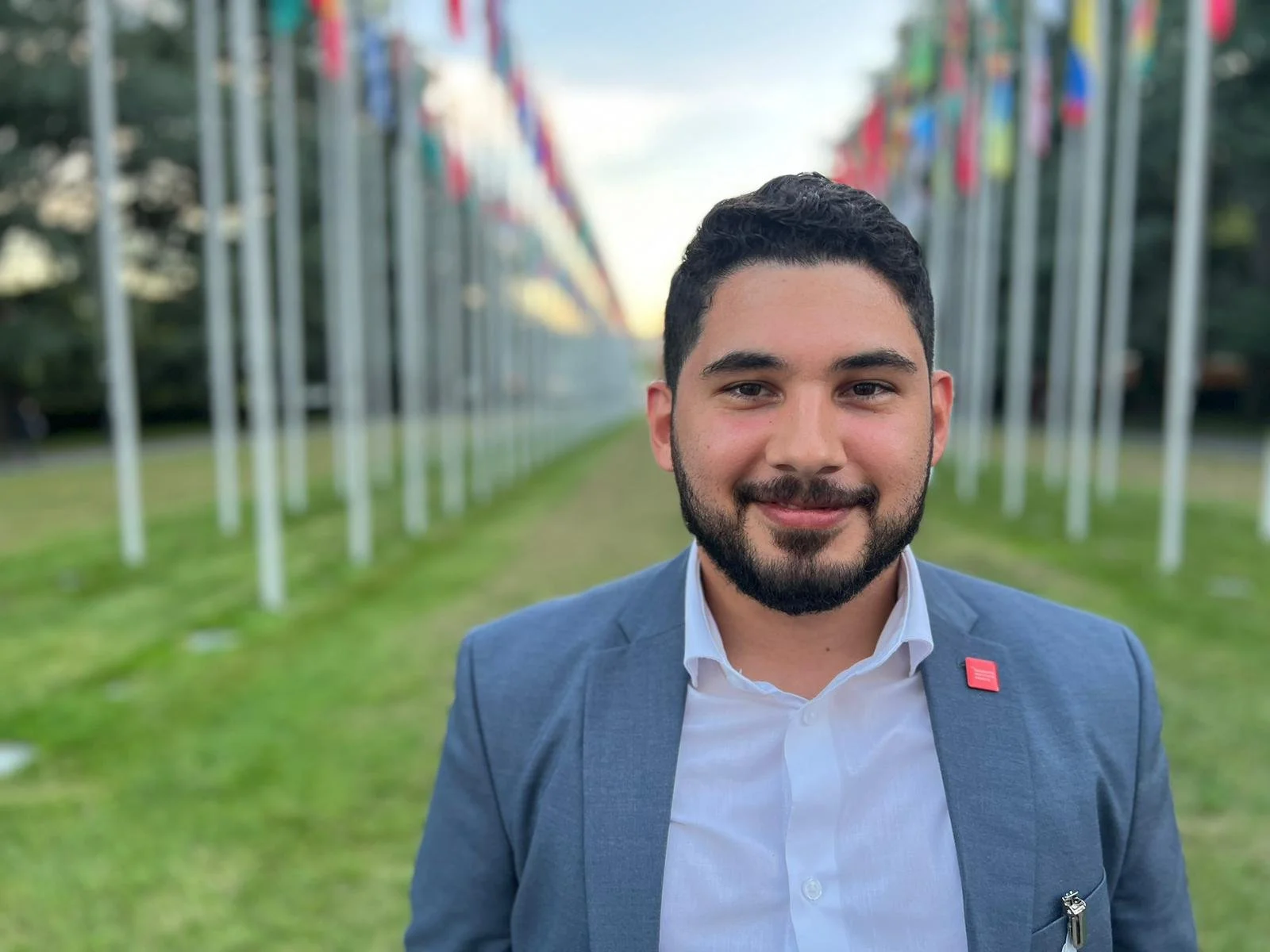
On Hope

The On Hope Study:
From October -December 2025, a group of 30+ activists, scholars and change makers came together to examine what hope means in their lives and in their work. Through weekly online conversations, participants examined what hope means in our daily lives.
This page provides information about On Hope resources and upcoming Hope Clinics in 2026.
On Hope Resource Library
Sign-up to access resources and materials curated by the On Hope Team.
Hope Clinics
Stay tuned here for upcoming clinics, online and in-person.
Image credit: Melissa Askew
Stories of Hope
The On Hope Team
Amira Fekry
Oliver Abo El Fateh
Claudia Seymour
Rula Shadid
Marco Schiafone
Neil Buhne
Fatuma Ibrahim
Manuel Alejandro León

“How we see the world has everything to do with what we can do in the world.”
Rebecca Solnit, No Straight Road Takes You There










